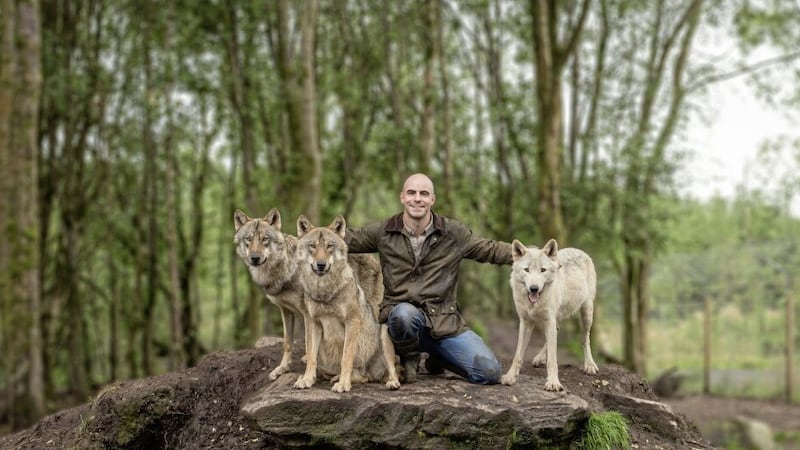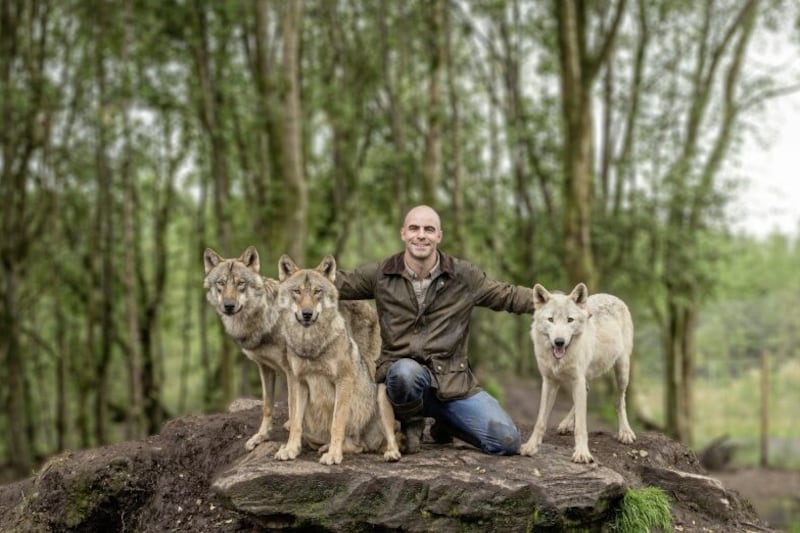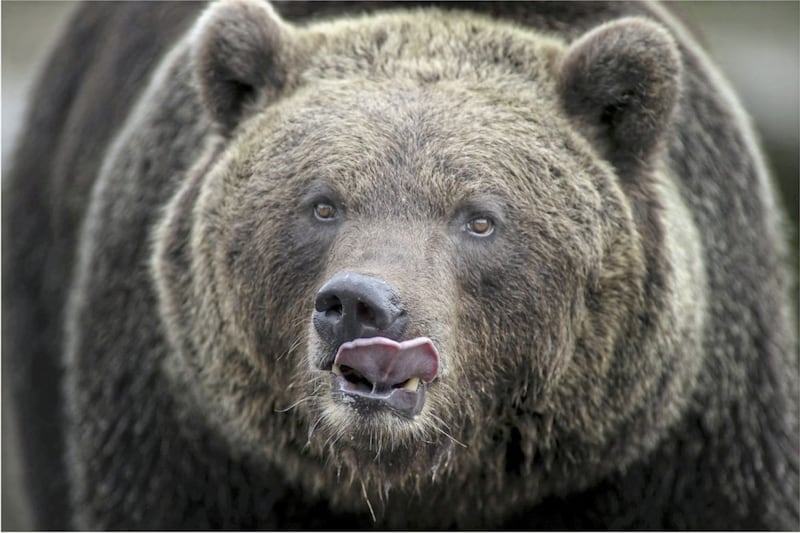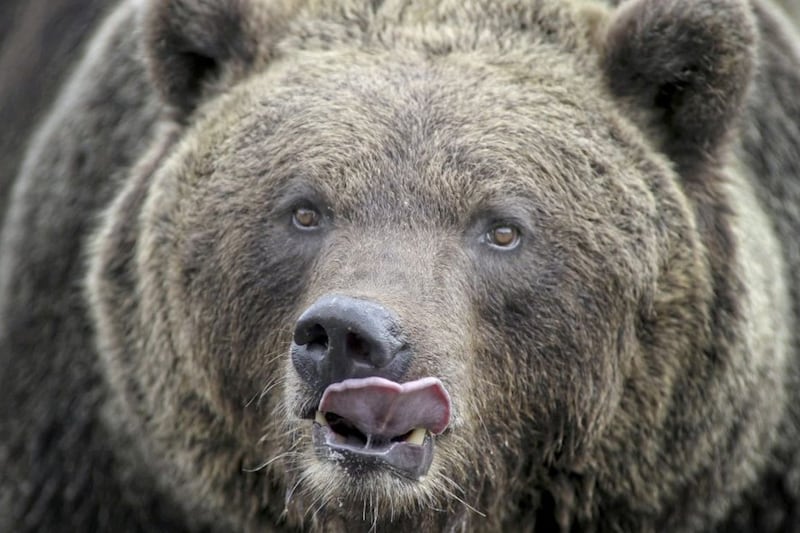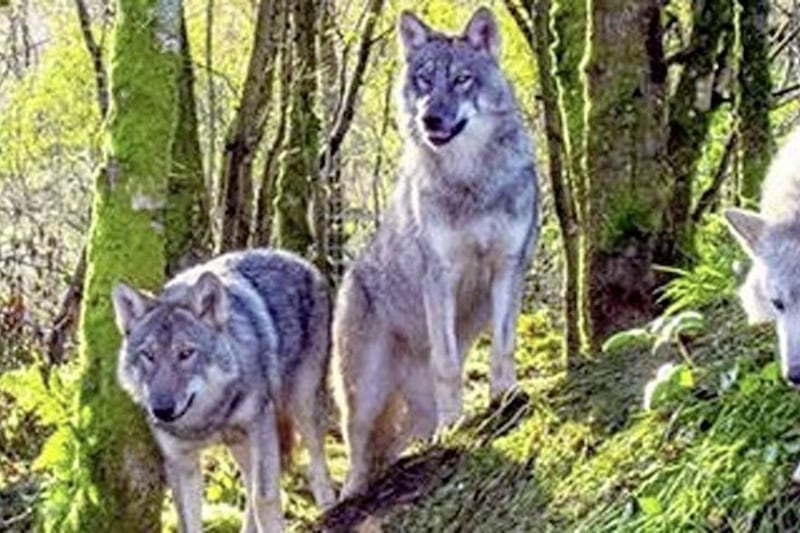THE owner of an animal park on the Derry-Donegal border has called for the re-introduction of wolves into the wild as an eco-friendly way of dealing with increasing problems with deer.
Solicitor Killian McLaughlin made his comments after some Donegal politicians raised concerns about an increase in road collisions involving deer. Herds have spread right across the north west with numbers rising to the extent that in some areas they are even grazing in gardens.
Wild Ireland was set up by Mr McLaughlin in 2019 as a sanctuary for many wild animals which have been exploited, abused and hunted throughout Europe. The extensive forest is home to wolves, brown bears, lynx, wild boar and many other animals.
Recent increases in deer collisions have prompted calls for a cull. Mr McLaughlin said the re-introduction of wolves would provide a long term solution.
“This is not the ravings of some mad man sitting up in Donegal but it’s backed up completely by science.
“Wolves became extinct in Ireland in 1786 and we are now seeing the impact of that with the increasing deer herds,” he said.
He said the lack of an “apex predator” had allowed deer numbers to continue to increase.
“When wolves became extinct, the balance of the eco-system was lost. If you look at it, Ireland is now the only country in the European Union which no longer has wild wolves. The benefits of re-introducing wolves are many.”
Mr McLaughlin said that at present hunters brought in to cull deer herds killed the best animals, weakening herds and ensuring that diseased deer carrying TB and Lime disease were what was left. By killing stags which controlled herds, the way was left open for younger animals to mate which increased deer numbers.
“Wolves hunt and kill the old and weaker deer, thereby ensuring the health of the herd. By keeping deer herds under control in this way, the spread of diseases like TB and Lime Disease – which is actually spread by the deer tick – is confined,” he said.
However, Mr McLaughlin stressed that it would not be a question of merely opening a cage and allowing wild wolves to roam free. He believed a strategy would have to be carefully planned and a major education programme undertaken.
“I know that when you say wolf to people, they think Little Red Riding Hood and that a wolf will attack children but that actually does not happen. Likewise, the instance of wolves killing farm animals is very low across Europe and that could be dealt with through a compensation scheme as the benefits are so great. Look at Belgium which is the same size as Ireland, has 11.5 million people and has a wild wolf population.”
Mr McLaughlin suggested the re-introduction of wolves would also spark a major growth in eco-tourism, similar to that witnessed in Yellowstone National Park in North America.
